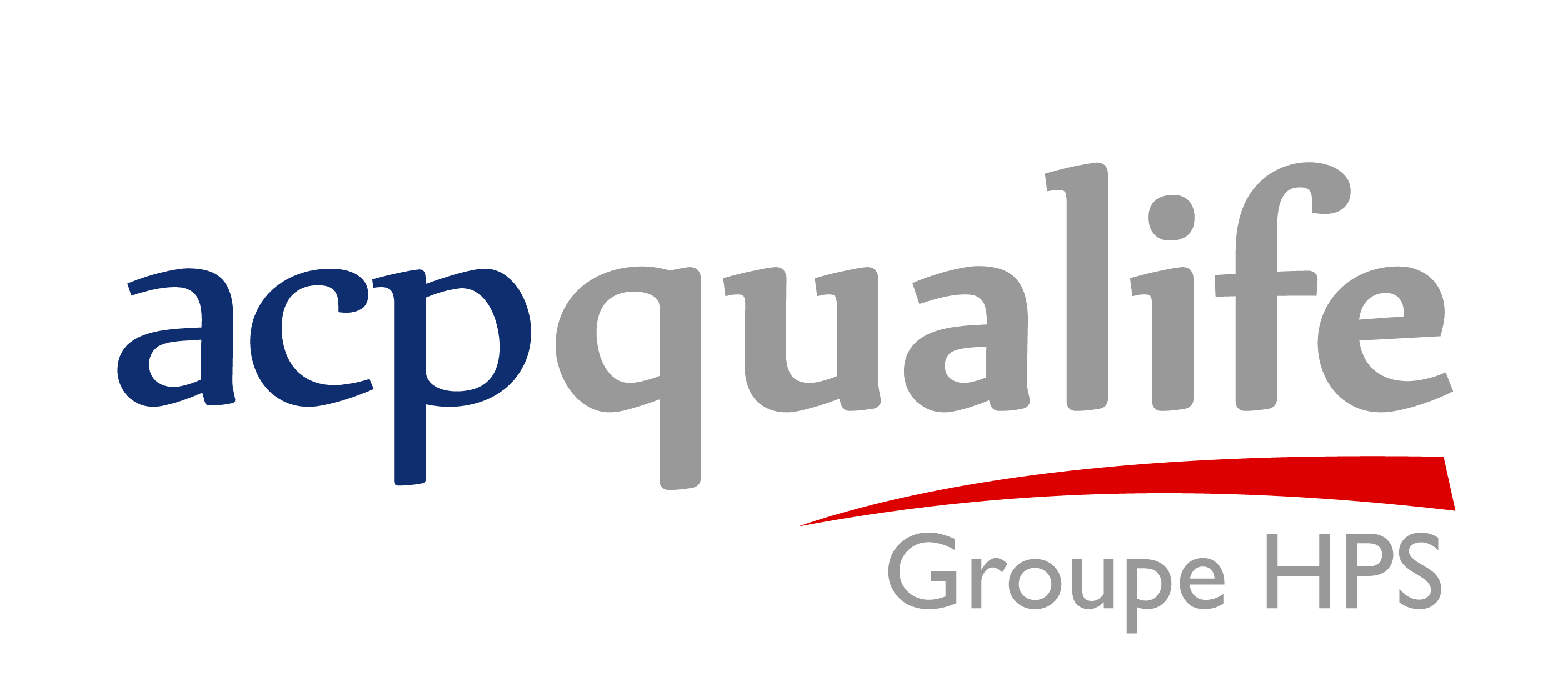ISTQB - CERTIFIED TESTER
ISTQB Foundation - Certified Tester
Duration
- Training in 3, 4 or 5 days
- Referenced in 4 days on FAFIEC CAs
Prerequisites
-
Basic knowledge of IT, programming
Audience
Anyone who wishes to move towards software testing.
Objective
Understand the basic principles of software testing and why testing is an important activity throughout the software development cycle. Participants implement effective software testing methods and techniques, cost effective and proven. They master the software testing process that can be adapted to their particular context.
Educational Process
- The course covers all levels of testing: component testing, integration testing, system testing and acceptance testing.
- Certificating methodological training
- Certification Exam on Last Day
- Duration of the exam: 1h
Schedule
- From 20 to 23 September in Paris
- From 15 to 18 November in Paris
- From 13 to 16 December in Paris
- From 11 to 14 October in Aix-en-Provence
- From 6 to 9 December in Aix-en-Provence
Pricing and Financing
- Training referenced in Collective Actions FAFIEC (4d)
- Possibility of financing according to your OPCA
- Price: contact us
Program
The Basic Principles of Testing
- Why are tests needed? What are the tests?
- General principles of testing, testing process, test psychology
- Code of ethics
Testing during Software Life Cycle
- Software development models
- Levels of tests, types of tests, test targets (functional, structural, regression ...)
- Maintenance tests
Static Techniques
- Reviews and testing processes
- Review process (phases of a formal review, roles and responsibilities, ...)
- Static analysis with tools
Test Design Techniques
- Identify test conditions and design test cases
- Categories of test design techniques
- Select appropriate test techniques
Test Management
- Organization of tests, estimation and planning of tests
- Monitoring and controlling the progress of tests (monitoring, reporting of tests, testing control)
- Configuration Management
- Tests and risks (risks related to the project, product risks)
- Incident Management
Test Support Tools
- The types of tools
- Efficient use of tools: potential benefits and risks
- Introducing a tool into an organization
References




